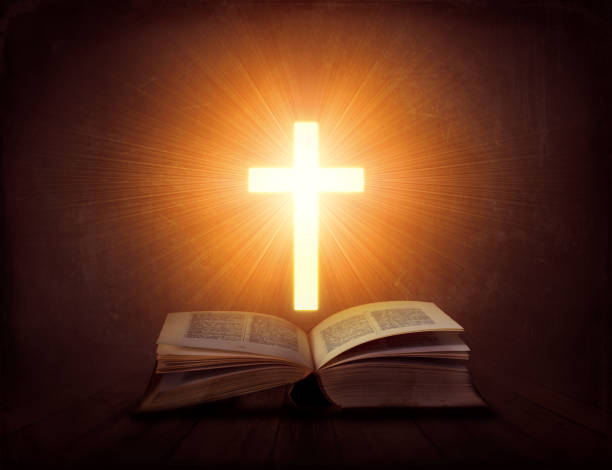





Eastern Christian Orthodox Church Beliefs
- Authority of Scripture: The Holy Scriptures as interpreted and defined by church teaching in the first seven ecumenical councils, along with Holy Tradition are of equal value and importance.
- Baptism: Baptism is the initiator of the salvation experience. Eastern Orthodox practice baptism by full immersion.
- Eucharist: The Eucharist is the centre of worship. Christian Orthodox believe that during the Eucharist adherents partake mystically of Christ's body and blood and through it receive his life and strength.
- Holy Spirit: The is one of the persons of the Trinity, who proceeds from the Father and is one in essence with the Father. The Holy Spirit is given by Christ as a gift to the church, to empower for service, to place God's love in our hearts, and to impart for the Christian Orthodox life and witness.
- Jesus Christ: Jesus Christ is the second person of the Trinity, God's Son, fully divine and fully human. He became flesh through Mary but was without sin. He died on the cross as man's Saviour. He resurrected and ascended to heaven. He will return to judge all men.
- Holy Mary: Mary has supreme grace and is to be highly honoured.
- Predestination: God has foreknowledge of man's destiny, but he does not predestine him.
- Saints and Icons: Orthodox Christians practice veneration of icons; reverence is directed toward the person they represent and not the relics themselves.
- Salvation: Salvation is a gradual, life-long process by which Christians become more and more like Christ. This requires faith in , working through love.
- The Trinity: There are three persons in the Godhead, each divine, distinct, and equal. The is the eternal head; the Son is begotten of the Father; the Holy Spirit proceeds from the Father.
